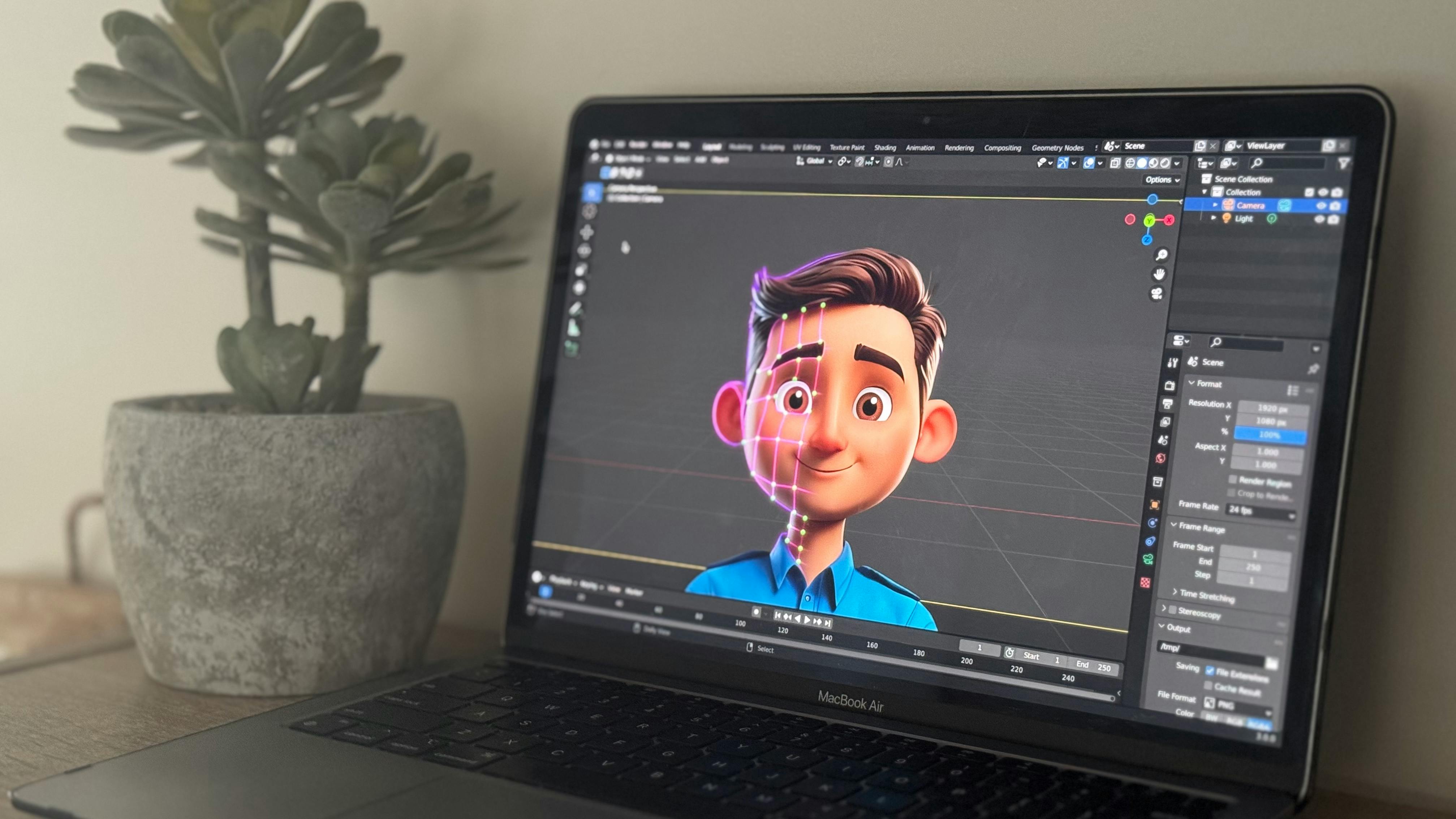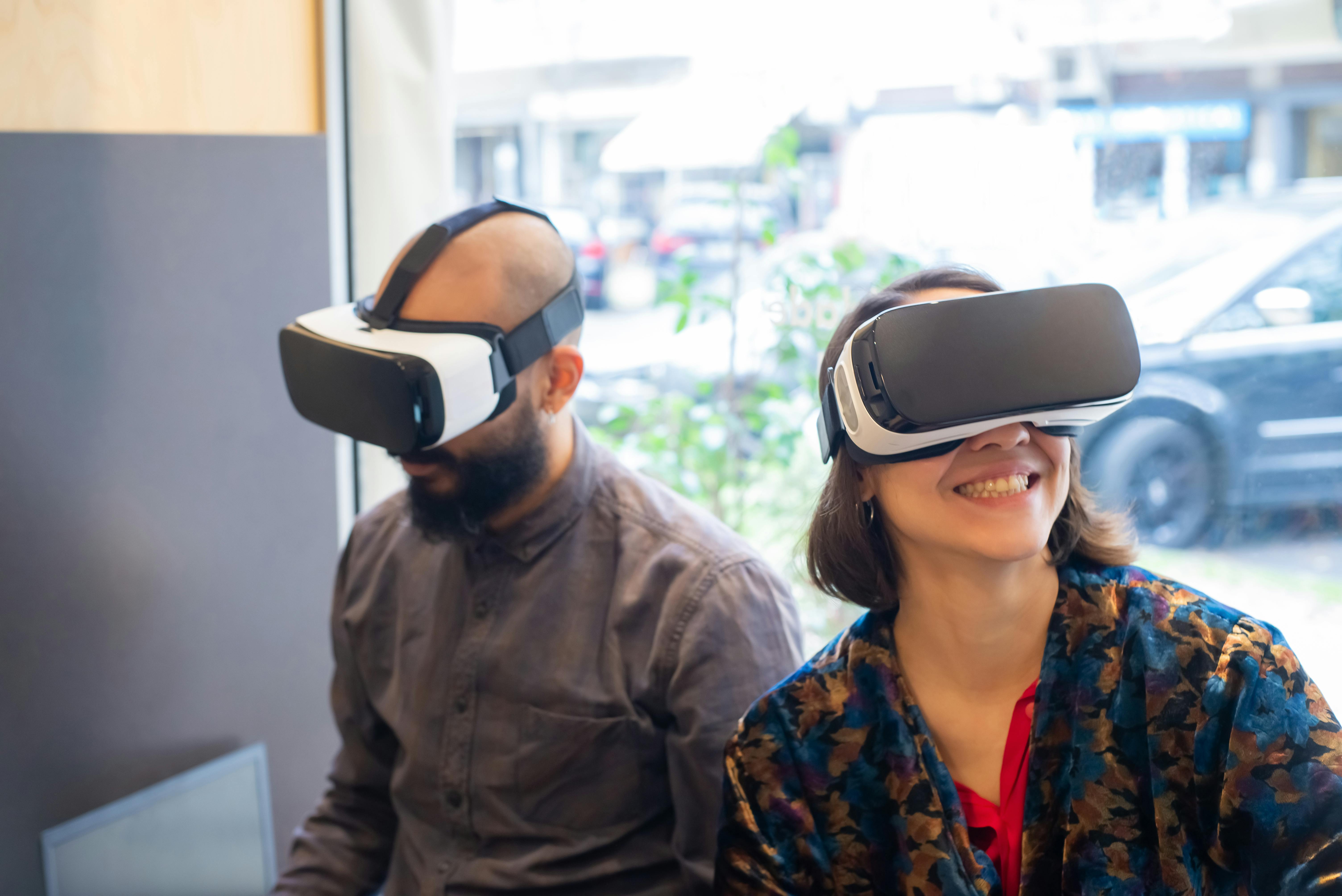Immersive Experiences in Dubai: Exploring Virtual Tourism
Sep 13, 2024
Dubai, known for its futuristic architecture and vibrant culture, is now venturing into a new realm of tourism by harnessing the capabilities of the metaverse. This initiative aims to craft immersive experiences in Dubai that transcend traditional tourism, allowing global audiences to explore the city’s wonders virtually. This digital transformation offers an innovative way to experience Dubai without the physical constraints, redefining the essence of travel.
Understanding the Metaverse
The metaverse represents a blend of multiple technological layers that create a unified, interactive virtual environment. This digital universe merges augmented reality (AR), virtual reality (VR), and blockchain technology to foster environments where physical and digital entities coexist and interact seamlessly. This convergence enables highly immersive experiences that are revolutionizing industries, including tourism, by offering new dimensions of engagement.
Dubai’s Vision for Immersive Experiences
Dubai’s strategic adoption of the metaverse for tourism is motivated by its goal to become a leading global hub for technology and innovation. The city’s tourism sector is leveraging immersive technologies to offer virtual visits and interactive experiences, from virtual skydiving to digital museum tours, making Dubai accessible to the world without the need for travel. These initiatives not only enhance Dubai’s global appeal but also cater to a tech-savvy generation looking for novel travel experiences.
Comprehensive Benefits of Immersive Tourism
• Global Accessibility: These digital adventures break down the geographical barriers that limit traditional tourism, enabling anyone with internet access to experience Dubai’s attractions.
• Sustainability: By reducing the need for flights and hotel stays, immersive tourism lessens the environmental footprint of travel.
• Cultural Preservation: Virtual tours can immortalize cultural landmarks and traditions, ensuring they endure regardless of physical changes.
• Economic Impact: Beyond tourism, immersive experiences in Dubai stimulate new job opportunities in tech and creative industries, diversifying the economy.
Technological Pillars of Immersive Experiences in Dubai
• Virtual Reality: By wearing VR headsets, users can engage in lifelike experiences that replicate being in Dubai, from walking along the Dubai Marina to exploring the spice souks.
• Augmented Reality: AR applications provide interactive layers over the physical world, enhancing real locations or objects with digital information accessible via smartphones or AR glasses.
• Artificial Intelligence: AI enhances personalization, using data to tailor recommendations for virtual events or attractions based on user preferences.
• Blockchain: This technology secures all transactions within the metaverse, from ticket purchases for virtual events to acquisitions of virtual real estate, ensuring transparency and trust.
Exploring Immersive Experiences in Dubai through the Metaverse
Visitors to the virtual Dubai can navigate a rich selection of experiences: they can view fireworks over the Burj Al Arab, stroll through the Miracle Garden, or attend live concerts and sports events virtually. These experiences are designed to be interactive, allowing users to choose their paths, interact with other virtual tourists, and even alter their environment.
Applications of the Metaverse in Tourism
The metaverse is expanding the scope of what’s possible in tourism, providing diverse applications that enhance how individuals interact with travel:
• Virtual Travel Experiences: Users can explore global destinations from their homes via 360-degree videos, interactive maps, and VR environments, experiencing the world without the constraints of physical travel.
• Virtual Tours of Attractions: Dubai’s museums and historical sites can be explored in detail through virtual tours that offer rich, interactive experiences.
• Interactive Cultural Experiences: The metaverse hosts virtual festivals, concerts, and performances, enabling global participation in local events.
• Virtual Travel Planning: Travel agencies and tourism boards use the metaverse to offer previews of destinations, assisting travelers in planning their visits more effectively.
Challenges and Solutions in Virtual Tourism
While the metaverse presents significant opportunities, it also faces technical and social hurdles:
• Technical Accessibility: Ensuring that these immersive experiences are accessible to users with different levels of tech expertise and internet access.
• User Interface Design: Creating user-friendly interfaces that allow easy navigation through the metaverse, suitable for all age groups.
• Privacy and Security: Robust cybersecurity measures are critical to protect user data and prevent breaches within these digital spaces.
Virtual Reality and 360-Degree Experiences in Dubai
Dubai, renowned for its cutting-edge technology and innovative tourism initiatives, has harnessed the power of virtual reality (VR) and 360-degree technology to offer immersive experiences that showcase the city’s rich heritage and modern attractions. These virtual experiences allow global visitors to explore Dubai’s iconic landmarks and cultural sites without the need for physical travel, offering a sustainable and accessible alternative to traditional tourism.
Dubai’s Virtual Museums and Heritage Tours:
Several of Dubai’s historical sites and museums are now accessible virtually. Notable among these is the Al Fahidi Historical Neighbourhood, which offers a virtual journey through its narrow lanes and traditional architecture. This initiative allows users to explore the vibrant galleries, cafes, and cultural spaces that capture the essence of Dubai’s heritage from the comfort of their homes.
360-Degree Tours of Iconic Landmarks:
Dubai’s most famous structures, including the towering Burj Khalifa and the luxurious Burj Al Arab, can be experienced through detailed 360-degree videos. These tours provide panoramic views from the pinnacle of the Burj Khalifa and a virtual walkthrough of the opulent interiors of the Burj Al Arab, delivering an awe-inspiring perspective that mimics the real thing perfectly.
Specialized VR Experiences:
Dubai also offers specialized VR experiences that cater to adventure and thrill-seekers. The Emirates A380 flight simulator, for instance, offers enthusiasts the chance to pilot the world’s largest passenger aircraft in a highly realistic VR environment. Additionally, the VR Park Dubai provides a blend of augmented reality (AR) and VR experiences, with a variety of games and simulations that transport users to different worlds and adventures.
These virtual experiences are not only a testament to Dubai’s commitment to innovation in tourism but also reflect its strategy to become a global hub for technology. By integrating advanced VR and 360-degree technologies, Dubai is redefining the travel experience, making its cultural and modern attractions more accessible to a worldwide audience. This approach not only enhances the city’s appeal as a tourist destination but also sets a benchmark for sustainable and inclusive tourism practices globally.
Regional Collaboration Highlight: Saudi Arabia’s World Tourism Day
In a show of regional collaboration and shared vision for the future of tourism, Saudi Arabia’s Ministry of Tourism partnered with SpaceTo for World Tourism Day to create a virtual event that highlighted the potential of metaverse in tourism. This event not only showcased Saudi Arabia’s rich cultural heritage and commitment to sustainable tourism but also demonstrated how regional partners like Dubai can collaborate to enhance the tourist experience across borders. The success of such events underscores the shared goals within the Gulf Cooperation Council (GCC) countries to pioneer innovative tourism strategies through technology.
Emerging Trends and Future Prospects of Immersive Tourism
Future developments in immersive tourism in Dubai are anticipated to revolutionize the future of immersive technology, incorporating even more sophisticated hybrid events that blend virtual engagement with physical tourism. Advances in technology will likely introduce more realistic sensory experiences, like touch and smell, enhancing the realism of virtual tours significantly.
Conclusion
Dubai’s integration of the metaverse into its tourism strategy highlights its vision as a forward-thinking city. These immersive experiences in Dubai not only offer a glimpse into the future of travel but also present a sustainable, accessible, and engaging alternative to conventional tourism.





